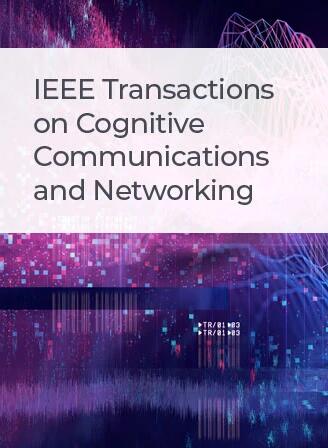边缘计算辅助编码垂直联邦线性回归
IF 7.4
1区 计算机科学
Q1 TELECOMMUNICATIONS
IEEE Transactions on Cognitive Communications and Networking
Pub Date : 2022-03-12
DOI:10.1109/TCCN.2022.3174615
引用次数: 4
摘要
对于联邦线性回归(FLR)的训练过程,这是联邦学习的最简单形式,每个公司的集成计算要么由于大量数据,要么由于耗时的同态加密而减慢。针对加速FLR的训练过程,通过将边缘计算辅助编码分布式计算(CDC)纳入密集计算(矩阵乘法),提出了一种新的编码FLR框架,其中多个边缘节点辅助一个公司的计算。提出并设计了两种方案,包括基于线性组合(LC)的垂直FLR和基于Matdot的纵向FLR,它们具有并行计算和边缘节点同态加密的优点。由于每个边缘节点的工作负载显著减少,因此这两种方案的训练运行时间可以显著减少。数值研究表明,我们提出的编码方案在训练过程的整体运行时间(编码、计算和解码阶段的总和)方面显著优于传统的非编码方案。此外,在提出的两种编码方案中,基于LC的方案和基于Matdot的方案各有优势,符合分析。本文章由计算机程序翻译,如有差异,请以英文原文为准。
Edge Computing-Aided Coded Vertical Federated Linear Regression
For the training process of federated linear regression (FLR), which is the simplest form of federated learning, the integrated computation at each company is slowed down either by huge volume data or by time-consuming homomorphic encryption. Targetted at accelerating the training process of FLR, through the incorporation of edge computing aided coded distributed computing (CDC) into intensive computation (matrix multiplication), a novel coded FLR framework is proposed where several edge nodes aid the computing of one company. Two schemes, including linear combination (LC)-based vertical FLR and Matdot-based vertical FLR, are proposed and designed, which enjoy in-parallel computation and homomorphic encryption at the edge nodes. Since workload at each edge node is reduced significantly, the training runtime of these two schemes may be reduced significantly. Numerical studies show that our proposed coded schemes outperform traditional uncoded schemes significantly in terms of overall runtime (sum of encoding, computing, and decoding phases) of the training process. Besides, among the two proposed coded schemes, LC-based scheme and Matdot-based scheme each has its own advantage scenarios which conforms with the analysis.
求助全文
通过发布文献求助,成功后即可免费获取论文全文。
去求助
来源期刊

IEEE Transactions on Cognitive Communications and Networking
Computer Science-Artificial Intelligence
CiteScore
15.50
自引率
7.00%
发文量
108
期刊介绍:
The IEEE Transactions on Cognitive Communications and Networking (TCCN) aims to publish high-quality manuscripts that push the boundaries of cognitive communications and networking research. Cognitive, in this context, refers to the application of perception, learning, reasoning, memory, and adaptive approaches in communication system design. The transactions welcome submissions that explore various aspects of cognitive communications and networks, focusing on innovative and holistic approaches to complex system design. Key topics covered include architecture, protocols, cross-layer design, and cognition cycle design for cognitive networks. Additionally, research on machine learning, artificial intelligence, end-to-end and distributed intelligence, software-defined networking, cognitive radios, spectrum sharing, and security and privacy issues in cognitive networks are of interest. The publication also encourages papers addressing novel services and applications enabled by these cognitive concepts.
 求助内容:
求助内容: 应助结果提醒方式:
应助结果提醒方式:


